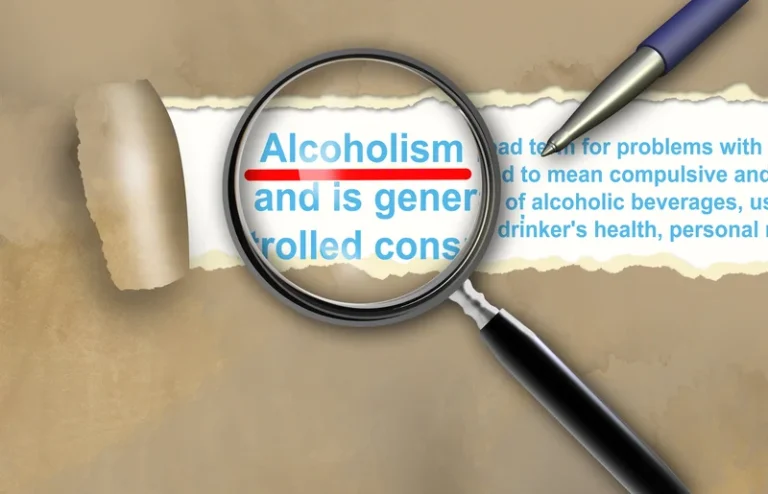
Apart from above function, over-activation of epsilon form of protein kinase C (PKCε) is known to be involved in mediating neuropathic pain, such as pain induced by cancer chemotherapy (vincristine) 56 and diabetes 57. PKC and protein kinase A (PKA) are both known to be important in nociceptor function 57–59. There are several studies suggesting the involvement of protein kinases in alcoholic neuropathy. Dina et al. 16 maintained rats on a diet to simulate chronic alcohol consumption in humans and found mechanical hyperalgesia by the fourth week which was maximal at 10 weeks. Thermal hyperalgesia and mechanical allodynia were also present with decreased mechanical alcohol neuropathy threshold of C-fibres. The hyperalgesia was acutely attenuated by intradermal injection of nonselective PKC or selective PKCε inhibitors injected at the site of nociceptive testing.
- Particular attention was paid to radial SNAPs, tibial CMAPs, and sural SNAPs due to them being spared in entrapment neuropathies unlike the median, ulnar, and peroneal nerves.
- For instance, they may check your thyroid function, neurons, electrolyte levels, and heart health.
- Long-term excessive alcohol usage can result in a nerve condition known as alcoholic neuropathy.
- From the duration and quantity of heavy alcohol use to genetic predispositions and nutritional deficiencies, below are some risk factors.
Addiction Treatment Programs

Since nutritional deficiencies are partly to blame for alcoholic neuropathy. To combat these deficiencies, supplementation with vitamin B12, folate, vitamin E, and thiamine may be recommended. In general, it takes years for alcoholic neuropathy to develop, so a long-standing history of heavy alcohol use is typical. Some people experience a faster onset and progression of alcoholic neuropathy than others. It’s not completely clear why some people are more prone to this complication than others. However, nerve damage is sometimes permanent, and your symptoms are likely to worsen if you don’t stop drinking.
What are the early signs of alcoholic neuropathy?
According to a 2017 review, muscle myopathy is common in alcohol use disorder. In Sober living house addition, about 40 to 60 percent of people who experience chronic alcohol misuse also experience alcohol-related myopathy. Alcoholic neuropathy occurs when too much alcohol damages the peripheral nerves. This can be permanent, as alcohol can cause changes to the nerves themselves. Deficiencies in B6 and B12, thiamine, folate, niacin, and vitamin E can make it worse.

What are the early signs of alcohol neuropathy?
- Catching this condition early, receiving a diagnosis and treating the symptoms of alcoholic neuropathy, as well as the AUD itself, can increase the likelihood of recovery.
- In general, the nerves in lower limbs were more affected than the upper limbs 3, 37–39.
- However, if you have a history of substance use disorder or chronic alcoholics, you may be suggested to use alternatives to regular pain medications, like massage or acupuncture.
- Chronic alcohol consumption can have deleterious effects on the central and peripheral nervous systems.
- It is defined by axonal degeneration in neurons of both the sensory and motor systems and initially occurs at the distal ends of the longest axons in the body.
According to experts, the best course of treatment should be to stop the peripheral nerves’ deterioration and concentrate on getting them back to normal. A well-balanced diet, vitamin B supplements, and correct and total abstinence from alcohol are the best ways to achieve that. Reflexes, muscle strength, sensibility (including light touch, pinprick, vibration, and position awareness), and coordination are all tested during a thorough physical and neurological examination. People with alcoholic neuropathy typically have decreased sensitivity and reflexes.
General Health

If your doctor confirms a diagnosis of alcoholic neuropathy, they will discuss treatment options, including help for alcohol use disorder. This article provides an overview of alcoholic neuropathy, including symptoms, causes, and diagnosis. It also discusses treatment options, including how to get help for alcohol use disorder. Alcoholic neuropathy is damage to the nerves that results from excessive drinking of alcohol. The damage may affect the autonomic nerves (those that regulate internal body functions) and the nerves that control movement and sensation.
- A person’s risk of the neurotoxic effects of alcohol, the quantity and duration of alcohol usage, and nutritional inadequacies are risk factors for developing alcoholic neuropathy.
- The early signs of alcohol neuropathy can include numbness or tingling sensations in the hands and feet, weakness or muscle cramps in the legs and arms, and digestive problems.
- Some of your bodily functions are autonomic, which means that you don’t directly control them.
- Take the first step toward recovery and contact us today to learn more about our programs and services.
- According to a 2017 review, muscle myopathy is common in alcohol use disorder.
